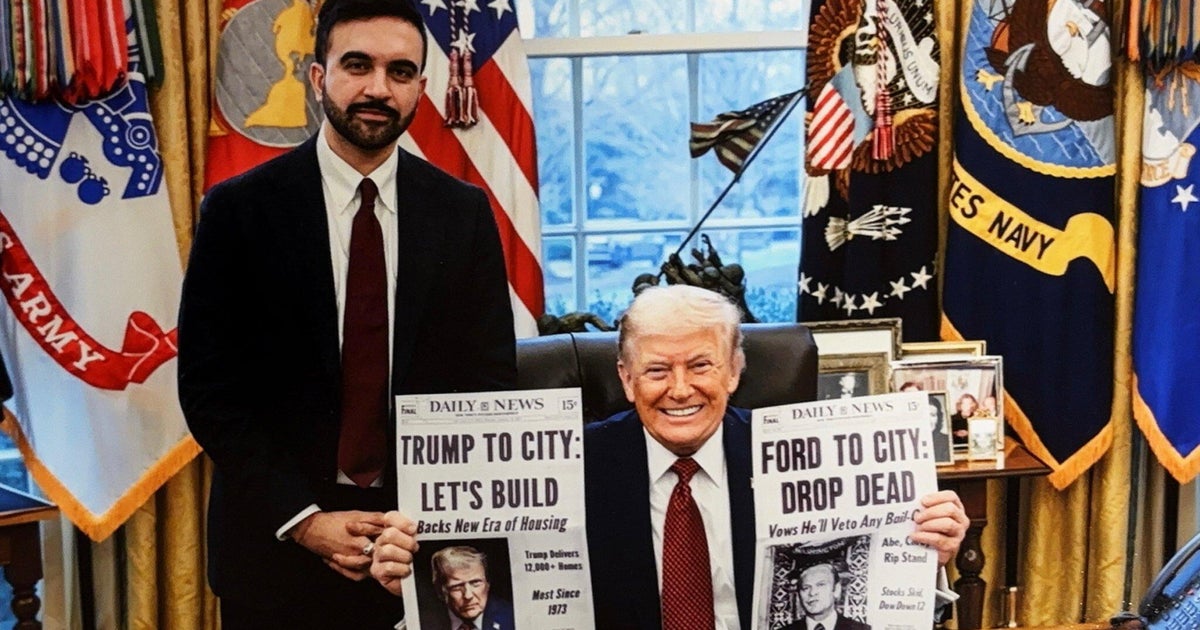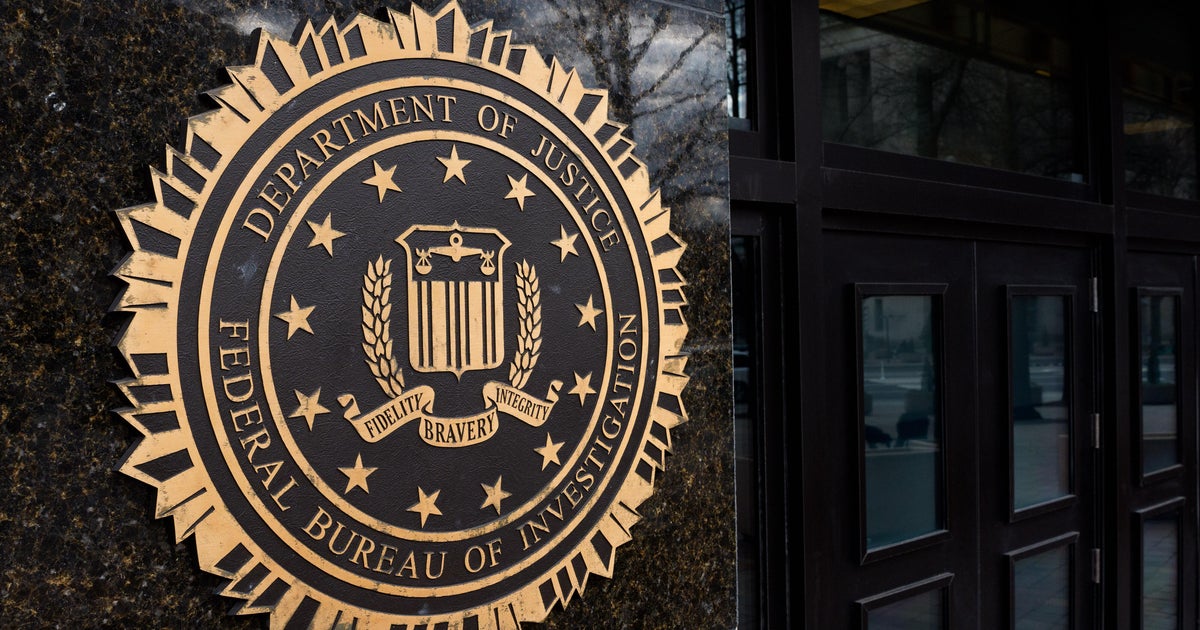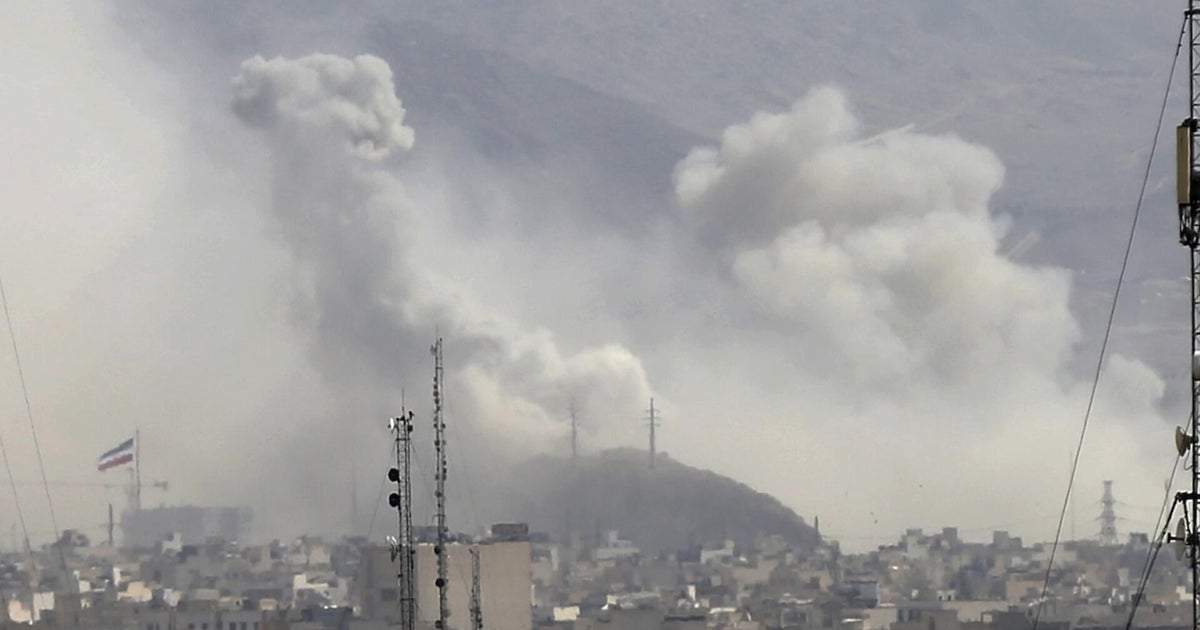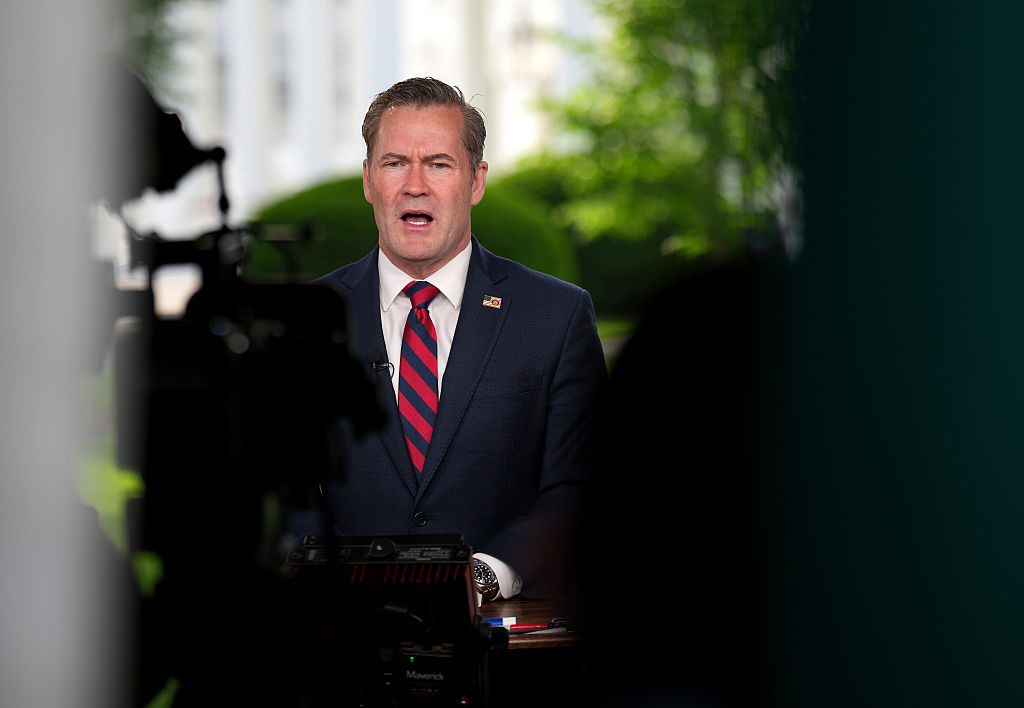Trump team reportedly had repeated contact with Russian intelligence before election
After just 27 days in office, the Trump administration which promised change has delivered chaos, with more questions about its connections to Russia.
Intelligence sources tell the New York Times that some Trump campaign officials and other associates had repeated contact with Russian intelligence before the election.
Sources told CBS News the FBI has questioned people close to the president, including General Michael Flynn, who resigned as national security adviser Monday night.
Former Trump campaign chairman Paul Manafort and former campaign adviser Carter Page also reportedly talked to Russian officials last year. Manafort called it absurd, telling the New York Times, “I have never knowingly spoken to Russian intelligence officers.”
The pressure is growing on former and current Trump campaign and administration officials. The FBI and U.S. intelligence agencies are digging into whether Trump associates were coordinating with the Russian officials during the 2016 campaign, just as the Russians were carrying out a wave of cyberattacks, reports CBS News correspondent Jeff Pegues.
According to U.S. officials, the hacks were intended to meddle in the election. CBS News has learned that intercepted electronic communications between Russian officials and Trump associates are providing new information for investigators. But so far, there is no evidence of coordination.
For several months now, U.S. government officials have been insisting that there was frequent contact between the Russian officials and Trump associates during the campaign. One source with knowledge of the developments said: “I think it’s worse than what we know.”
FBI agents have interviewed the now former national security advisor Michael Flynn in connection with the investigation. He was questioned within the first few days of the Trump administration about whether, as a private citizen, he discussed U.S. sanctions with Russian Ambassador Sergey Kislyak, just as the Obama White House was levying sanctions.
And if Flynn lied to the FBI, he could face charges under a 218-year-old law that bans private citizens from negotiating with foreign governments. But that charge has never been used to prosecute someone.
The White House said a lack of trust led President Trump to remove Flynn. But that happened long after the president found out that Flynn didn’t tell the whole truth about talking with Russian officials before the inauguration. And the president apparently didn’t share that information with his vice president, reports CBS News correspondent Margaret Brennan.
Spokesman Sean Spicer admitted Tuesday that President Trump had known for weeks that national security adviser Mike Flynn had misled the White House about his contacts with the Russian ambassador in late December.
“It came down to a matter of trust. And the president concluded that he no longer had the trust of his national security adviser,” Spicer said.
But Spicer said it wasn’t until Monday that the president asked for his resignation.
“We got to a point, not based on a legal issue, but based on a trust issue with the level of trust between the president and General Flynn had eroded to the point where he felt he had to make a change,” Spicer said.
But on January 26, then acting Attorney General Sally Yates told White House Counsel Donald McGahn that U.S. intelligence had intercepted Flynn’s calls and had proof that his public denials were false. The president was briefed by White House lawyers that day.
The Justice Department was concerned that deception made him vulnerable to blackmail.
“The White House counsel informed the president immediately. The president asked them to conduct a review of whether there was a legal situation there. That was immediately determined there wasn’t,” Spicer said.
Spicer said the president’s instinct was that Flynn hadn’t done anything wrong. But Vice President Mike Pence did not find out he’d been misled until a full two weeks after White House officials were briefed. That’s around the same time that reports of Flynn’s intercepted calls with Russia became public.
That angered the vice president who had vouched for Flynn in a January appearance on “Face the Nation.” That reaction forced Mr. Trump to reconsider.
General Keith Kellogg will advise Mr. Trump Wednesday in his meeting with Israeli Prime Minister Netanyahu. But the two leading candidates to replace Flynn are retired Admiral Robert Harward -- a former deputy Central Command (CENTCOM) commander with close ties to Defense Secretary Mattis -- and former CIA Director David Petraeus, who will visit the White House Thursday.



